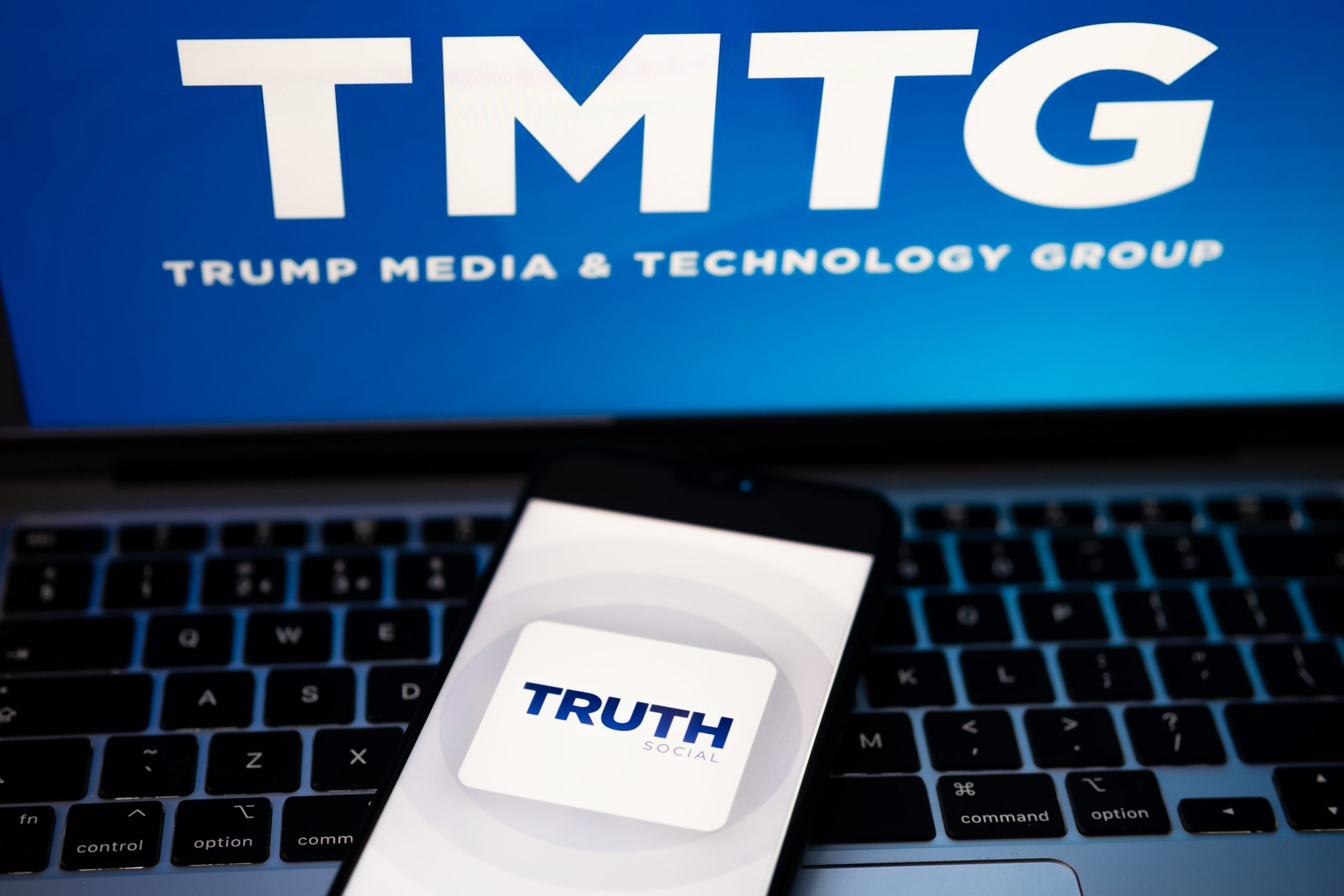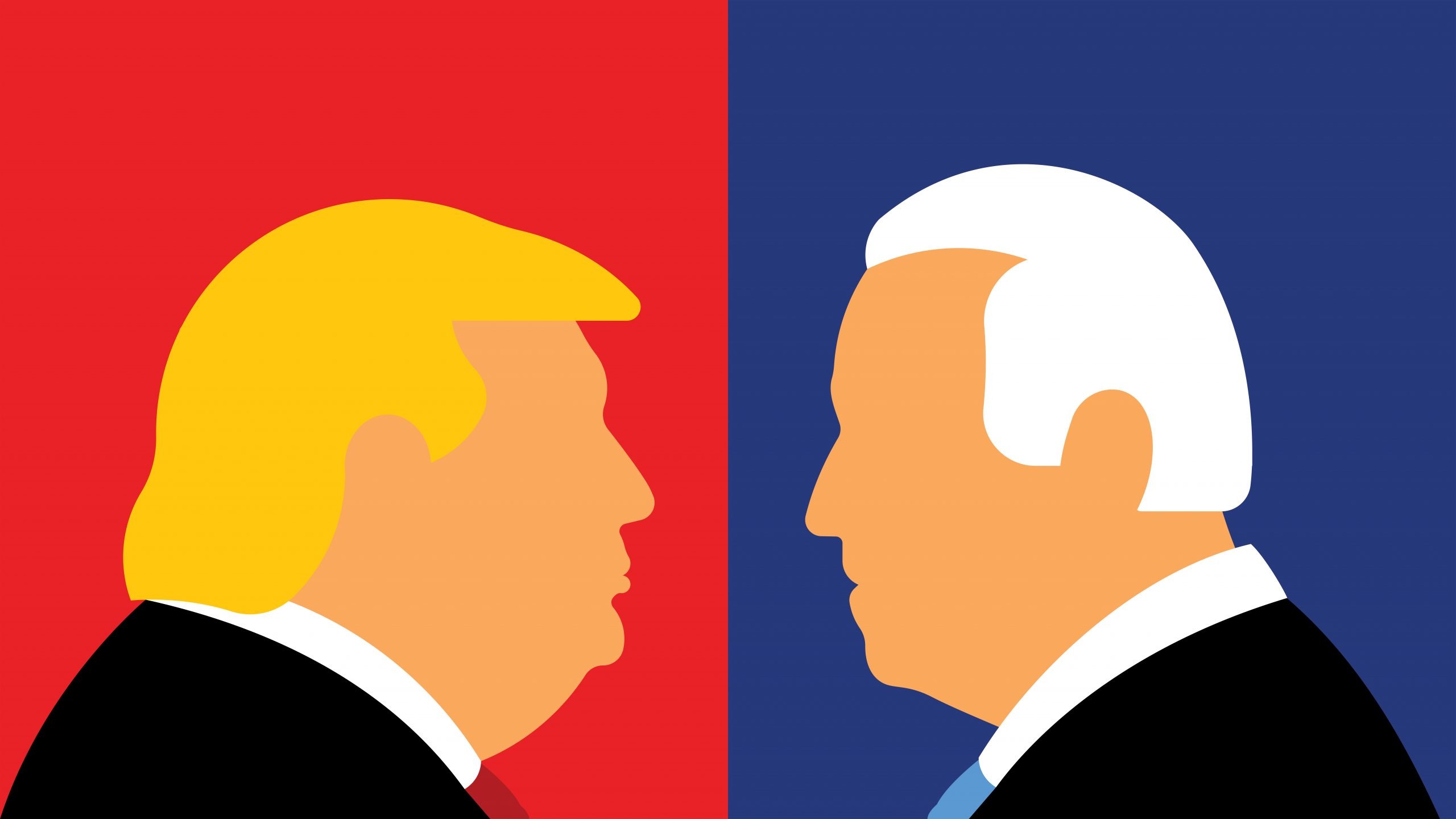One Final Obstacle Could Still Derail the Musk-Twitter Deal
On Oct. 20, it was reported that the U.S. government is considering a national security-focused review of the Musk-Twitter deal

Elon Musk’s proposed takeover of Twitter (TWTR) has encountered more twists and turns than an old country road, and based on recent reports, one final twist may lie ahead.
On Oct. 20, Bloomberg reported that the U.S. government is considering a national security-focused review of the Musk-Twitter deal—a process that could ultimately block it from being finalized.
Prior to the report’s emergence, it was expected that Musk would complete his acquisition of Twitter at some point this week. A court in Delaware previously mandated that the Musk-Twitter union would need to be consummated by Oct. 28, or face a rescheduled trial date.
Last Friday, Twitter shares dropped by about 5% in response to the U.S. government’s potential last-minute review of the acquisition. Twitter closed trading on Oct. 20 at about $50/share.
If a U.S. government review of the Twitter deal is conducted, most expect that process to be quarterbacked by the Committee on Foreign Investment (CFIUS). According to federal regulations, a CFIUS review is activated if a potential merger or acquisition threatens to impair the national security of the U.S.
After completing its review, CFIUS can recommend to the President of the United States that the deal in question should be suspended or prohibited. CFIUS did so back in 2019, when a Chinese company attempted to purchase StayNTouch—an advanced hotel management platform.
Back then, former President Donald Trump opted to heed the CFIUS advice and killed the deal.
This time around, one of the key snags appears to lie with some of the foreign investors that Musk has corralled to help finance the deal. In particular, it’s believed that the review will focus on the involvement of Saudi Arabian Prince Al Waleed bin Talal Al Saud, as well as Qatar’s sovereign wealth fund.
It’s also been said that Musk’s warm relations with the Chinese government may also represent a sticking point. Binance Holdings—founded by a Chinese businessman—is involved in the financing of the deal.
The U.S. government might provide Musk with an assist if it opts to kill the deal. Previously, Musk tried to backtrack on his proposed $54.20/share takeover of Twitter, but reversed course in early October.
The Nasdaq 100 has corrected by about 20% since Musk first offered $54.20/share for Twitter. Based on other valuations across the tech sector, the $44 billion price tag now looks excessively rich.
Musk recently alluded to that problem on Tesla’s (TSLA) Q3 earnings conference call, saying that he was “obviously overpaying” for Twitter. Those sentiments appear to indicate that any move by the U.S. government to block the deal may actually be welcomed by the American tech titan.
Considering the winding path this narrative has taken getting to this point, it’s anyone’s guess what happens next.
Investors and traders holding existing positions in TWTR, or considering new positions, may therefore want to monitor any news developments related to the CFIUS review closely this week.
For daily updates on everything moving the markets—including the Twitter acquisition—check out TASTYTRADE LIVE—weekdays from 7 a.m. to 4 p.m. CDT.
Sage Anderson is a pseudonym. He’s an experienced trader of equity derivatives and has managed volatility-based portfolios as a former prop trading firm employee. He’s not an employee of Luckbox, tastytrade or any affiliated companies. Readers can direct questions about this blog or other trading-related subjects, to support@luckboxmagazine.com.




















